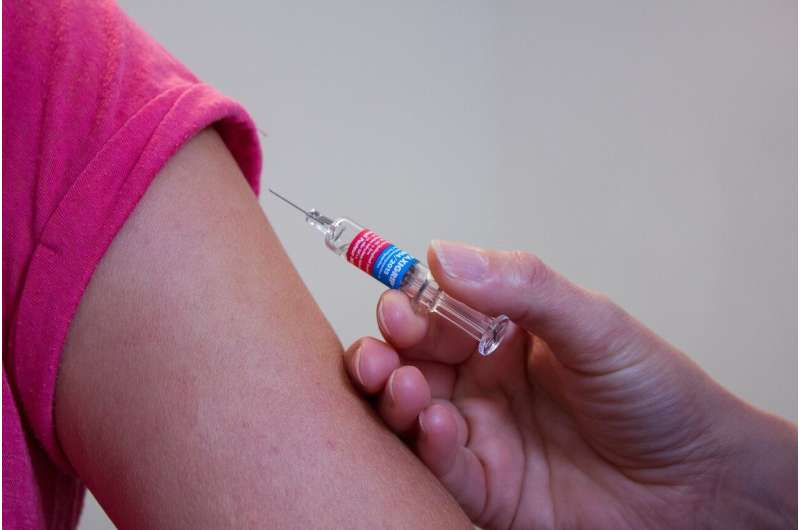Understanding COVID-19 Vaccine Attitudes: Insights from Diverse Perspectives

A comprehensive study explores the diverse motivations behind COVID-19 vaccine decisions, emphasizing tailored strategies and respectful dialogue to improve public health efforts.
Since the onset of the COVID-19 pandemic, vaccination rates in the United States have experienced a decline, complicated by widespread misinformation and growing distrust towards public health initiatives. In response, a recent study published in the Journal of Medical Case Reports explores the underlying attitudes and motivations influencing individuals’ vaccination decisions. Researchers from the University of Illinois Urbana-Champaign conducted three detailed case studies that highlight the diversity of vaccine perceptions across different demographics.
The study draws from a larger investigation involving parents and childcare providers during the pandemic, aiming to understand their experiences with public health measures and vaccine acceptance. Lead researcher Jacinda K. Dariotis, a professor with expertise in family development and health innovation, emphasizes the importance of approaching this sensitive topic with an open mind. "Our goal was to explore what truly motivates people's decisions—whether past experiences, community influence, or personal values—and to appreciate the rational and emotional layers behind these choices."
The three examined cases reveal distinct attitudes:
A 56-year-old former nurse with a son with special needs who chose not to vaccinate, trusting natural immunity and community support over vaccines, despite adhering to mask-wearing and social distancing.
A 51-year-old childcare director who initially felt coerced into vaccination due to employment mandates but harbored concerns about severe side effects, yet still supports childhood vaccines.
A 38-year-old risk management professional who relies on data and science, and vaccinated his entire family because he believes informed decisions lead to better health outcomes.
Dariotis stresses that respect for individual decision-making is key, as all three individuals share the common goal of protecting themselves and their loved ones. "Effective public health strategies must be flexible and tailored, recognizing that people have different worldviews, concerns, and goals. There is no one-size-fits-all solution," she states.
The findings underscore the necessity of understanding people's values and risk assessments to develop better communication and intervention strategies. Emphasizing nonjudgmental dialogue and trust-building can lead to more effective disease prevention efforts. The team plans to continue analyzing their dataset in future publications, aiming to inform policies that respect individual choices while promoting community health.
For more details, visit source.
Stay Updated with Mia's Feed
Get the latest health & wellness insights delivered straight to your inbox.
Related Articles
Innovative AI Tool Ensures Accurate Digital Pathology by Detecting AI Hallucinations
A groundbreaking AI tool called AQuA enhances digital pathology by autonomously detecting hallucinations in virtual stained tissue images, ensuring reliable diagnoses and advancing trustworthy AI in medicine.
Breakthrough in Gut Bacterial Adhesion: New Targets for Colorectal Cancer Treatment
New research reveals how Fusobacterium nucleatum adheres to tumor cells via a Velcro-like mechanism, offering promising targets for colorectal cancer treatment.
Harnessing Social Media Videos to Enhance HIV Prevention Among Youth
A new study reveals that short, positive social media videos can significantly enhance HIV prevention awareness among teenagers and young adults, promoting better engagement and understanding of prevention methods like PrEP.



